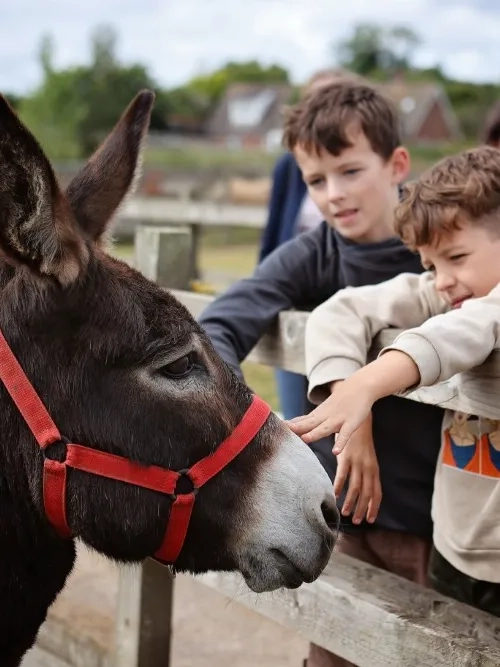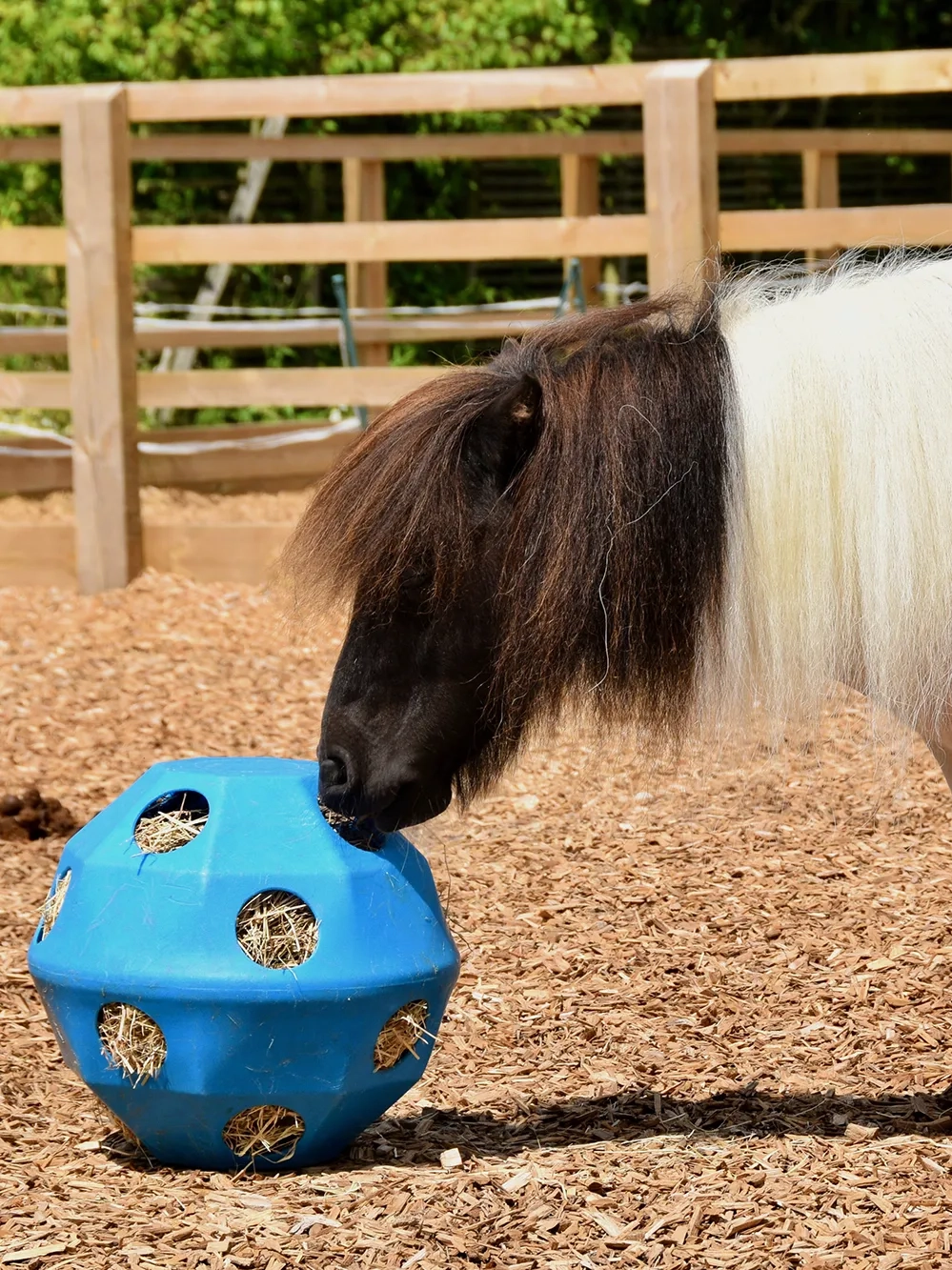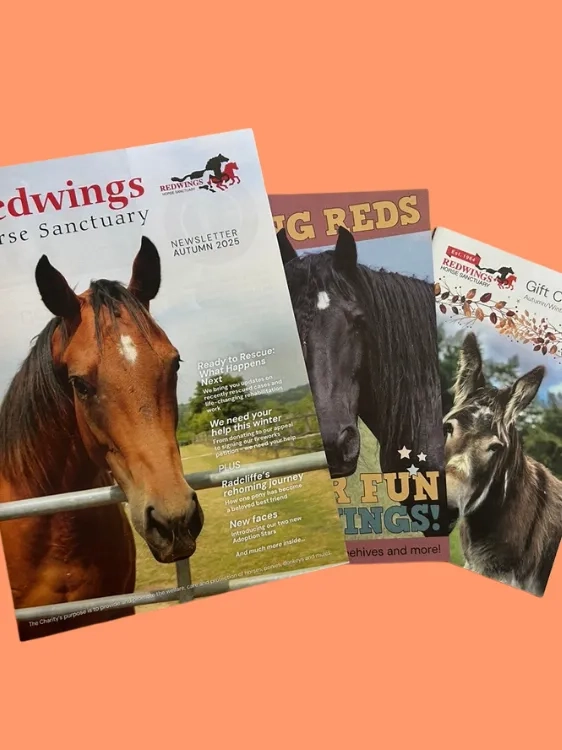02 May 2018
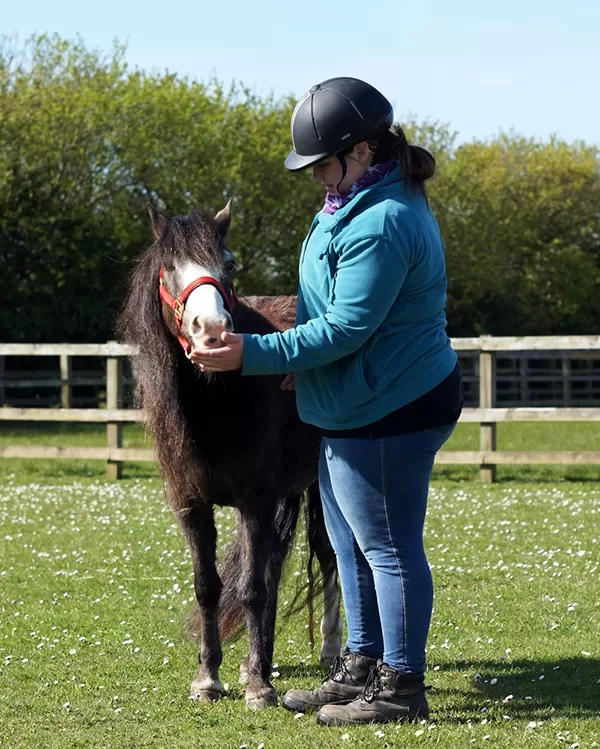
With almost 60 horse owners registering for our latest evening seminar – entitled “To treat or not to treat” – and calls to repeat the event online and in other parts of the country, it’s unsurprising that using food during horse training is a hot topic!
There are those who believe it is the only way we should be training our horses as it is the most ethical way possible and then there are those who believe that it should be avoided at all costs as it promotes unwanted behaviours.
Our seminar on Wednesday 25 April at Redwings Aylsham, near Norwich, aimed to dispel some of the myths about using food rewards with horses and to help owners make an informed choice about using food during training.
Redwings’ Equine Behaviour Manager Sarah Hallsworth has over 15 years’ experience training unhandled and fearful horses as well as teaching people in the application of horse learning theory. Using film footage of training in action, she presented how and why Redwings utilises positive reinforcement with our rescued residents and what benefits there are for both horse and human as a result.
What is reward-based training and how does it differ from other ways we teach and horses learn?
In this clip Sarah puts positive reinforcement into context of the training tools we have available:
Reward-based training has been used for decades, particularly for animals in captivity; Orca whales, dolphins, sea lions in water parks, animals in zoos and, of course, dogs are all trained primarily through reward-based training. In horse care and riding, it’s used much less frequently, however.
Reward-based training or positive reinforcement is useful in a number of horse training situations:
Using footage of our staff and horses at our Behaviour Centre, veterinary hospital and Rehoming Centre, Sarah demonstrated that positive reinforcement can be beneficial by:
However, as positive reinforcement is a very powerful training tool, problems can occur if timing is bad where we may unwittingly reinforce food-motivated unwanted behaviours.
Bad timing can lead to frustration, which will be demonstrated through unwanted behaviours such as biting, mugging and pawing. Although these behaviours are often labelled as food aggression they are rarely truly aggressive but have been learned by achieving something positive for the horse.
One of the ways to ensure success in the use of food is to pay attention to arousal levels and to carefully select the reward for the behaviour you want to train. In the clip below, Sarah explains how to ensure the reward is rewarding and to know how valuable (motivating/stimulating) they can be:
Take home points
Positive reinforcement is a useful tool to have in your horse training tool kit, but it needn’t be your only tool. Having different tools for different horses and different situations is what is going to make you the most effective trainer you can be – a tailored approach.
And positive reinforcement doesn’t mean it has to involve food. Anything that the horse finds rewarding can be used. Indeed we use the wither scratch as a reward and ask visitors to our centres not to feed the horses but to find their ‘treat spot’ – after all, tickles are treats! As Sarah explains here:
Finally, take the time to educate yourself on how horses learn so that you can use all your training tools as effectively as possible. Look at things through a horse-centred lens – put your horse first and when deciding on which tool to use always choose the most ethical.
Find out more
To sign up to receive e-alerts for new publications, events and horse owner guidance from Redwings email education@redwings.co.uk.
Helpful resources
Behaviour at Redwings - click here to find out more about our work.
What is Equitation Science? Download the PDF. (PDF 85 KB)
How to handle the difficult horse with a particular focus in a veterinary environment - click here.
Clicker training #Don’tBreakYourVet Campaign - find out more.
ISES 10 principles of Equitation Science: download the PDF. ( ** Error - Missing document link **)
Get involved
Want to join in the discussion about ethical horse training? Use the hashtags #NoMoreNaughty and #LoseTheLabel to emphasise the importance of taking time to assess unwanted behaviours from the horses perspective.
You can follow Redwings Education and Campaigns Manager Andie Vilela on Twitter, or find us on Facebook or Twitter.
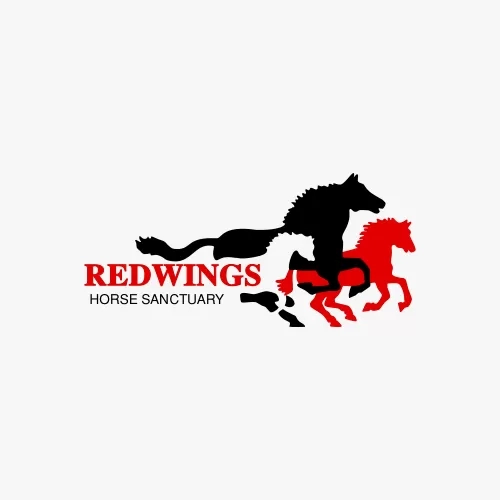
Redwings Press Office
Find out more about Redwings Press Office

